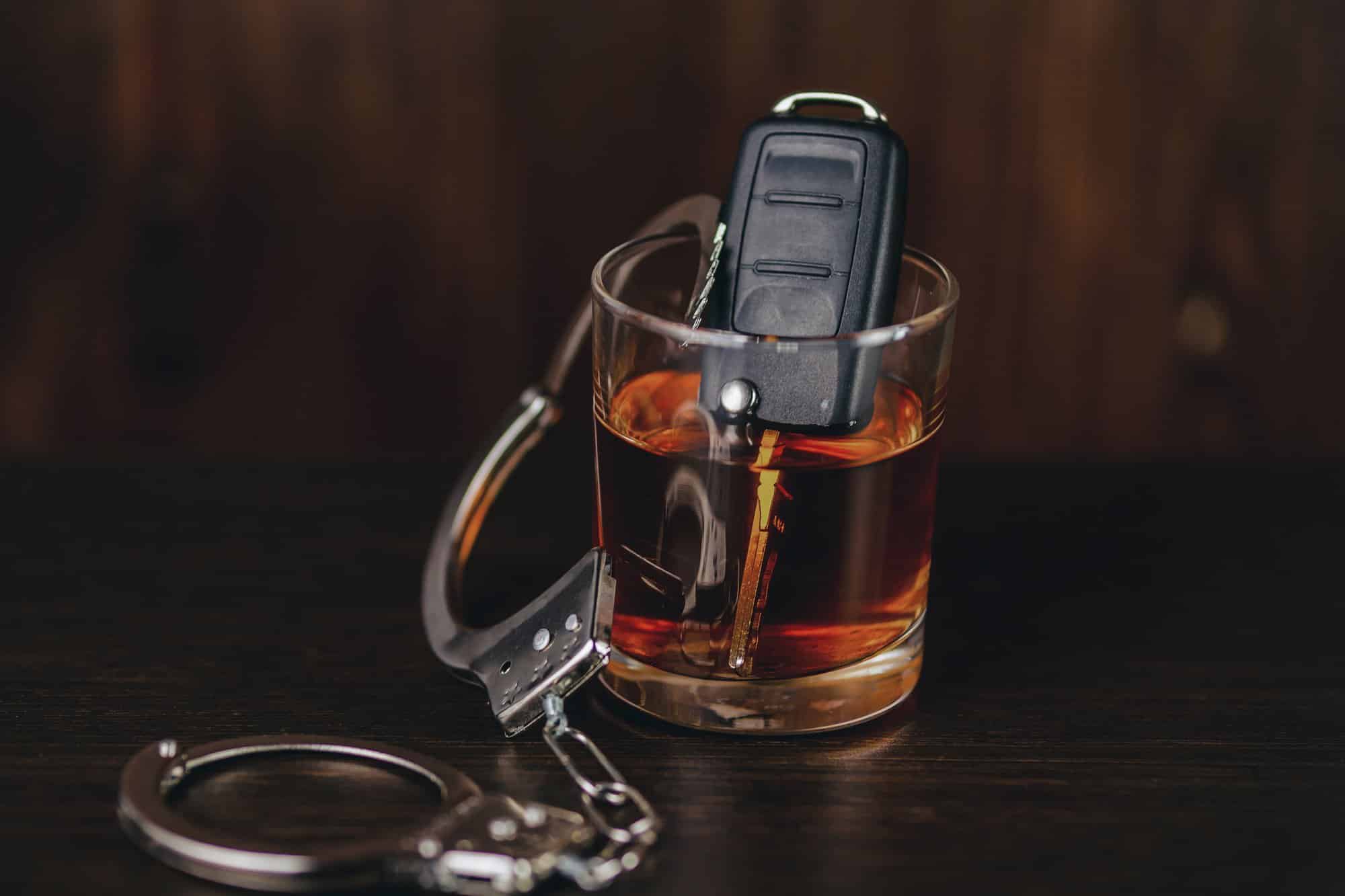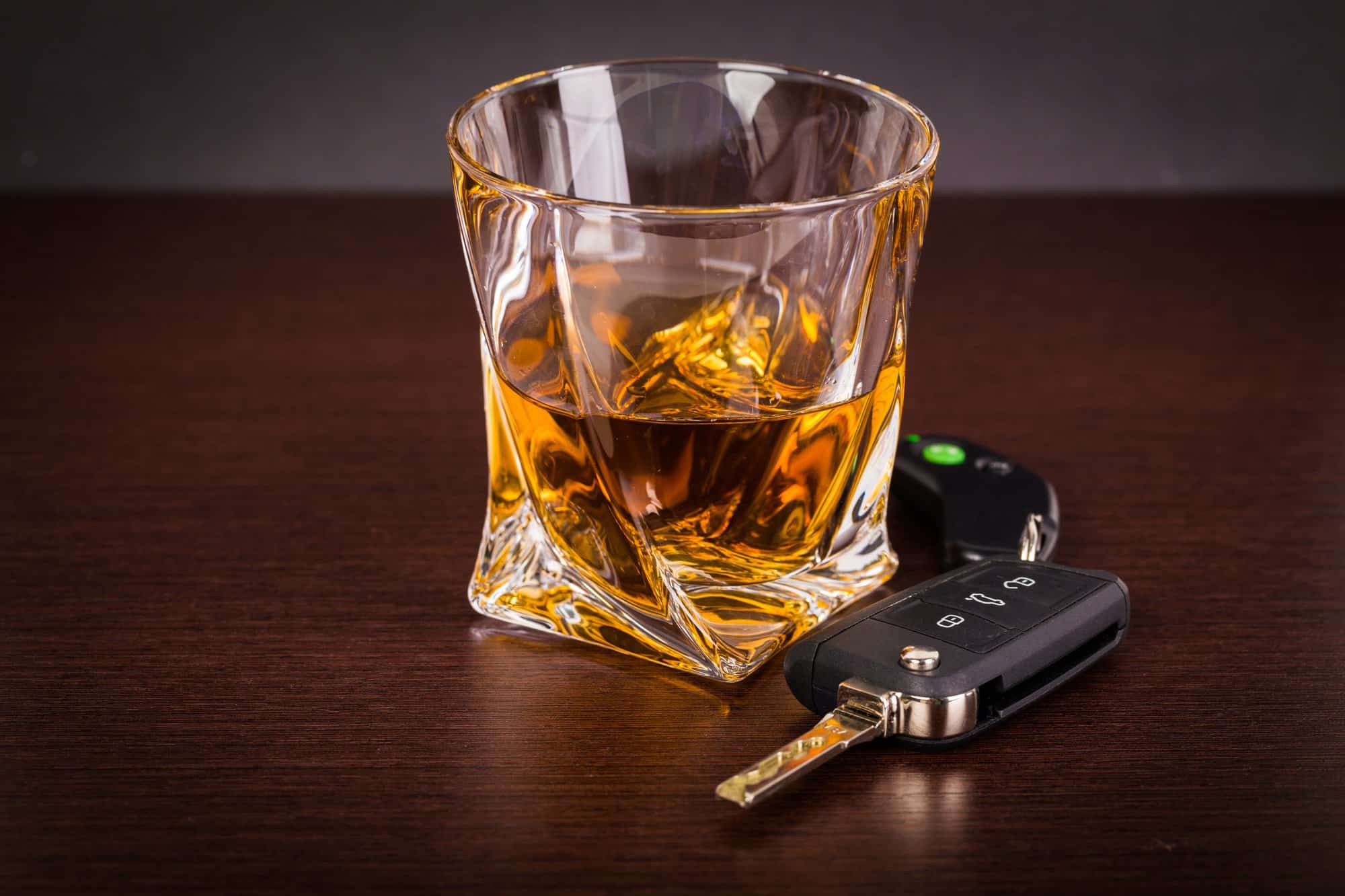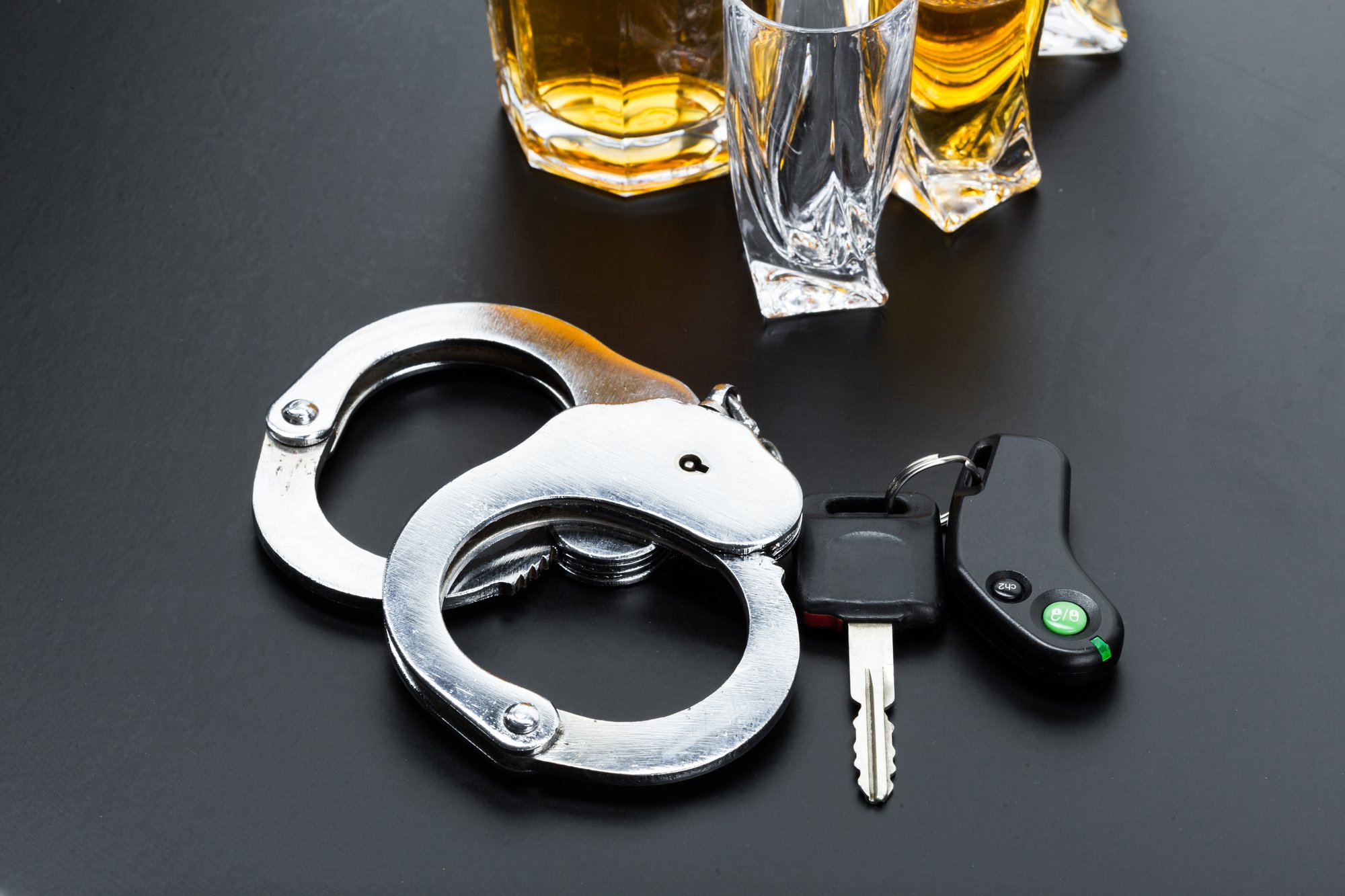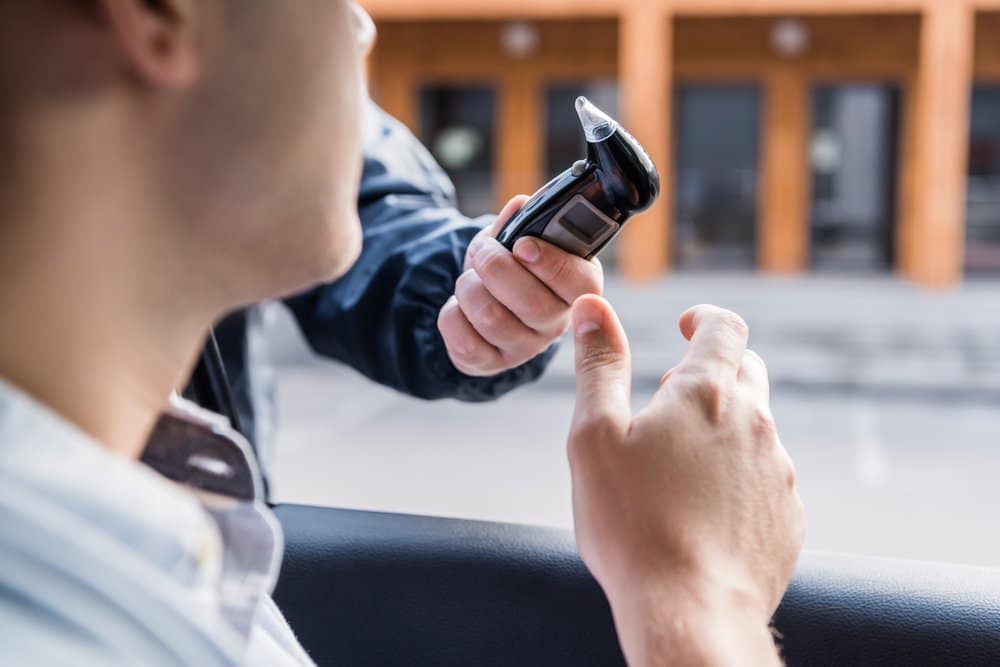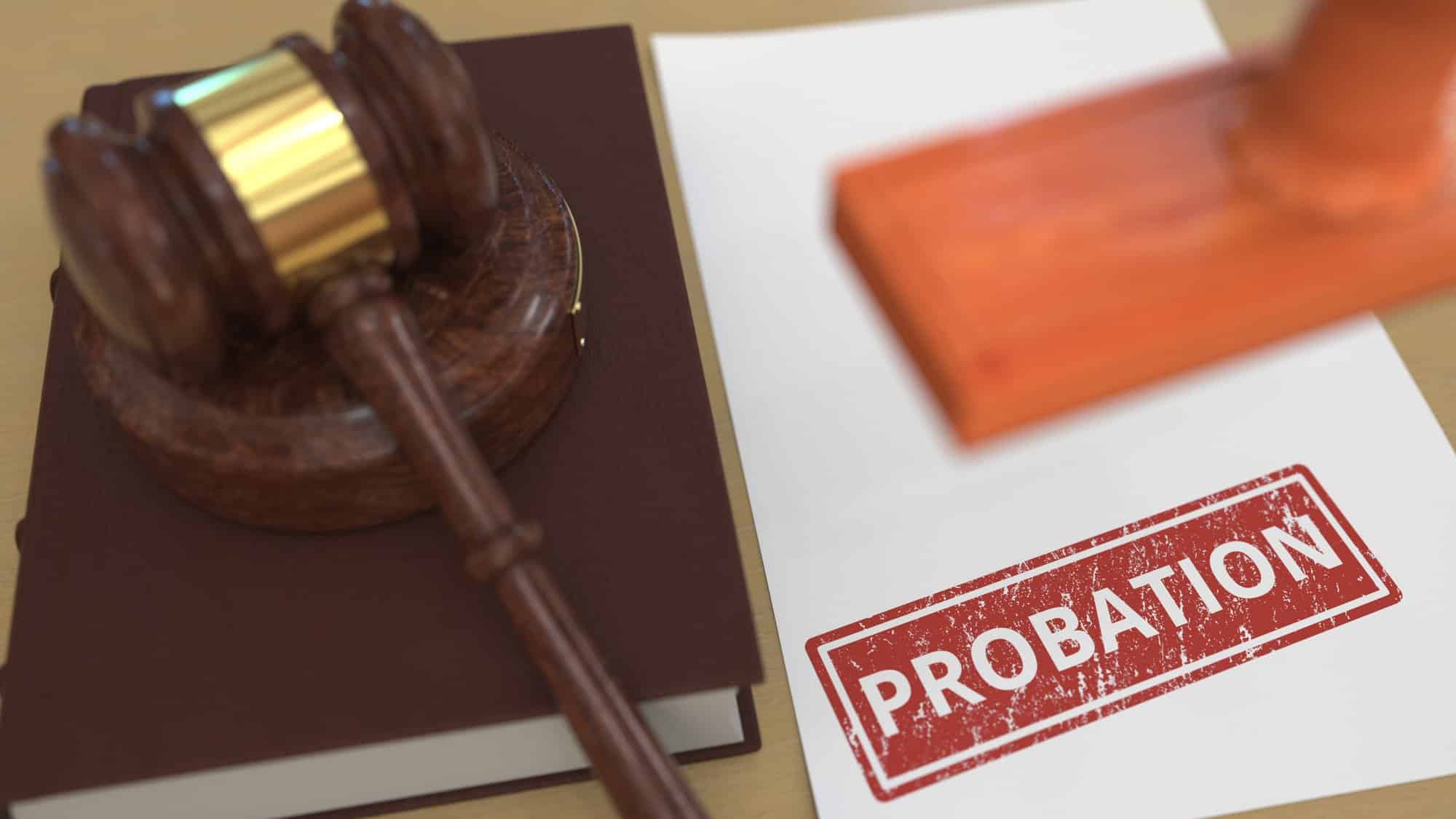If you’ve been convicted of a DWI, a judge will consider both aggravating and mitigating factors when determining your sentence. Mitigating factors are circumstances that can reduce your level of culpability — and lessen the penalties that might be imposed. It’s essential to have a skillful DWI attorney by your side who can work to emphasize these factors in your case and fight to achieve the best possible outcome on your behalf.
What are Mitigating Factors in a DWI?
Mitigating factors are circumstances surrounding a crime, such as a DWI, that could potentially result in a lesser sentence. These factors do not excuse the offense and cannot make the DWI charges go away. Rather, they provide a reason why a less severe sentence might be appropriate — and can help to reduce the penalties.
Common Mitigating Factors in a DWI
Every DWI case is unique — and each defendant’s personal circumstances are different. In New York, courts can take a variety of mitigating factors into consideration when determining your sentence. The more mitigating factors that are present in your case, the better your chances of a favorable outcome.
Some common mitigating factors considered in DWI sentencing can include the following:
- Lack of prior offenses — A first DWI offense is typically treated with more leniency than if you have multiple prior convictions on your record. A lack of previous DWIs can show you are less likely to reoffend.
- Cooperation with the police — Cooperating with the police during the DWI arrest and showing remorse for your actions can paint you in a more positive light to the court.
- Good character — Evidence of good character, such as employment and a reputation for honesty, can be used to argue for a reduced sentence.
- Mental health issues — Although mental health issues aren’t a complete defense to a DWI, they can sometimes be a mitigating factor. For instance, the court might recognize the need for mental health treatment to address the issues underlying the DWI.
- Completion of a rehabilitation program — By completing an alcohol rehabilitation program, you are showing that you take responsibility for your actions. In addition to reducing your sentence, a rehabilitation program can sometimes be an alternative sentencing arrangement.
A court may also take a lower BAC into consideration, along with other mitigating factors. Although the legal limit is .08%, a judge might impose a more lenient sentence if your BAC was slightly over the threshold — as opposed to being significantly over the limit.
How Can Mitigating Factors Impact DWI Sentencing?
Judges have discretion when it comes to DWI sentencing. This means they may consider a range of factors when considering the penalties to impose, including the severity of the offense and mitigating circumstances. The presence of mitigating factors can also influence plea negotiations with the prosecution.
For example, if there are mitigating factors in the case, a judge might reduce the fines or amount of jail time. They may also order probation instead of incarceration, or community service instead of a more severe penalty. Depending on the facts of the case, another alternative to sentencing can include participation in a DWI diversion program, rather than jail time.
Contact an Experienced New York DWI Attorney
If you’ve been charged with a DWI, a knowledgeable criminal defense attorney can evaluate the mitigating factors in your case to create a tailored strategy for the best possible results. Offering high quality legal services, D’Emilia Law is committed to providing trusted counsel and aggressive defense for a wide range of criminal offenses, including DWIs. To schedule a consultation, contact us at 1-888-DEMILIA.

